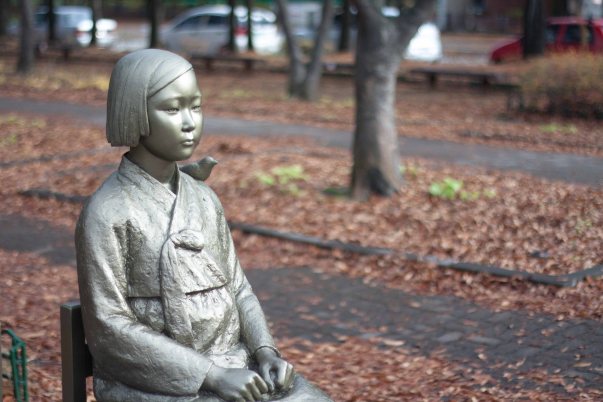About a week ago an NBC analysts commented on the relationship between South Korea and Japan. According to the New York Times the analyst aid “a country which occupied Korea from 1910 to 1945, but every Korean will tell you that Japan is a cultural, technological, and economic that has been so important to their own transformation.” This angered many South Korean’s and goes to show that you should know a little background about a country before you talk about it or when you start to show interest in it.
Since you’re here, I’m assuming you are interested in Korean culture to some extent. One of the most important things to know about Korea is their history with Japan. This is important because if you say the wrong thing like the analyst from NBC, it can land you in hot water.
From 1910 – 1945, before the Korean peninsula was divided, Japan had rule over Korea. During this time Korean’s were pressured into taking Japanese names, and their culture was largely blocked according to The Korea Times, a Korean newspaper. During specific times during the Japanese rule Koreans were not allowed to speak their own language but were instead forced to speak Japanese.
But one of the most upsetting things that happened under Japanese rule, was the drafting of young Korean women as “comfort women” or sex slaves for Japanese soldiers. Many Koreans still hold a deep resentment for Japan because of this fact. As recently as 2015 there was an agreement reached between South Korea and Japan for Japan to apologize and to give $8.8 million to comfort women survivors, according to the New York Times.
Many South Korean’s did not think this was a sufficient apology on the part of the Japanese government. However current South Korean president Moon Jae-in decided to uphold the agreement in January 2018, even amidst backlash from fellow South Koreans.

Today in front of the Japanese embassy there stands a bronze statue of a comfort woman, symbolizing that Koreans still remember, and they want Japan to apologize for the treatment of the women. Though South Korea and Japan are allies politically, there is still tension between the two countries.
You don’t want to go to South Korea, and make a comment about Japan and find yourself facing heavy backlash. This happened to a popular South Korean singer Tiffany Hwang after she posted on snapchat on August 15, 2017 while she was in Japan.
According to news site Soompi, on August 15, which also happens to be National Liberation Day in Korea, Hwang posted a picture on snapchat with a filter that showed the Japanese rising sun symbol. The symbol is associated with Japanese Imperial Rule in South Korea, and many South Koreans were upset with the celebrity after the incident. This ultimately lend to Hwang’s apology and her stepping down from her spot on reality TV show “Sister’s slam dunk.”
No matter where you are on your journey to learning Korean, please keep in mind their history, and try to learn more about the country on your own, so that you don’t find yourself in an awkward situation.
